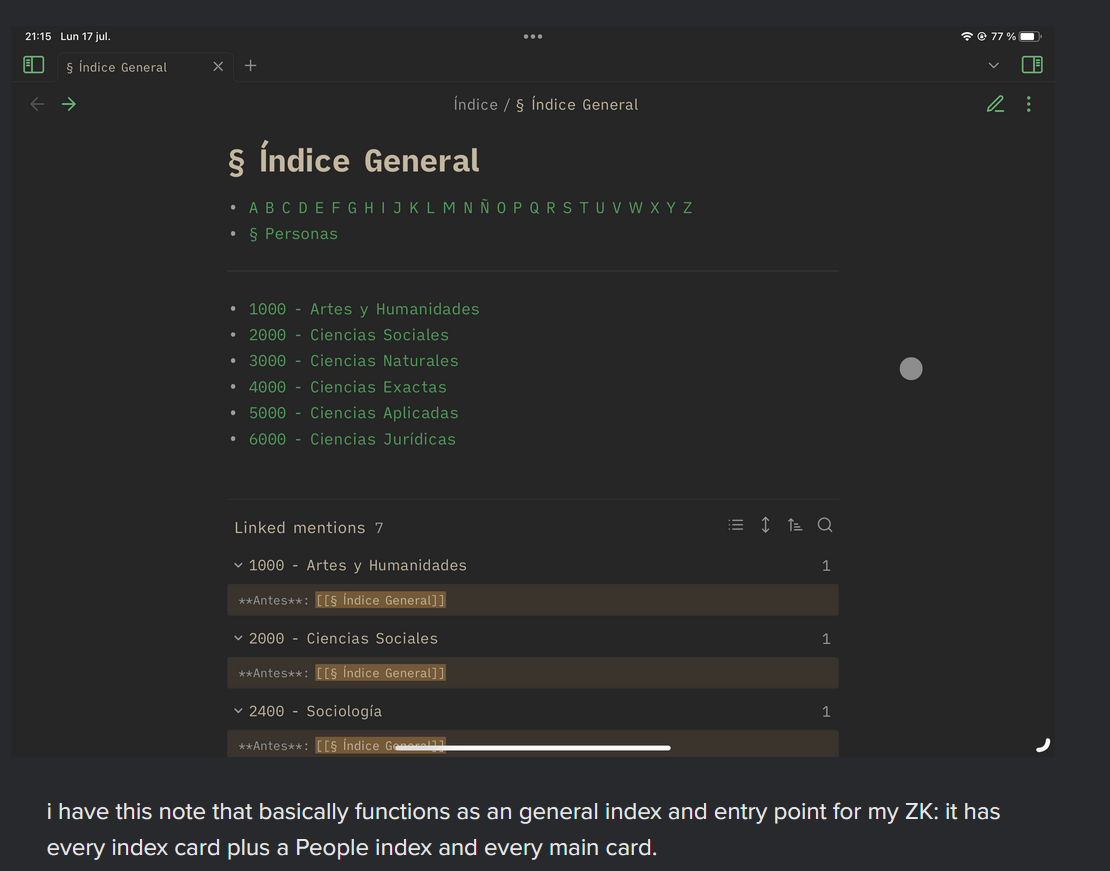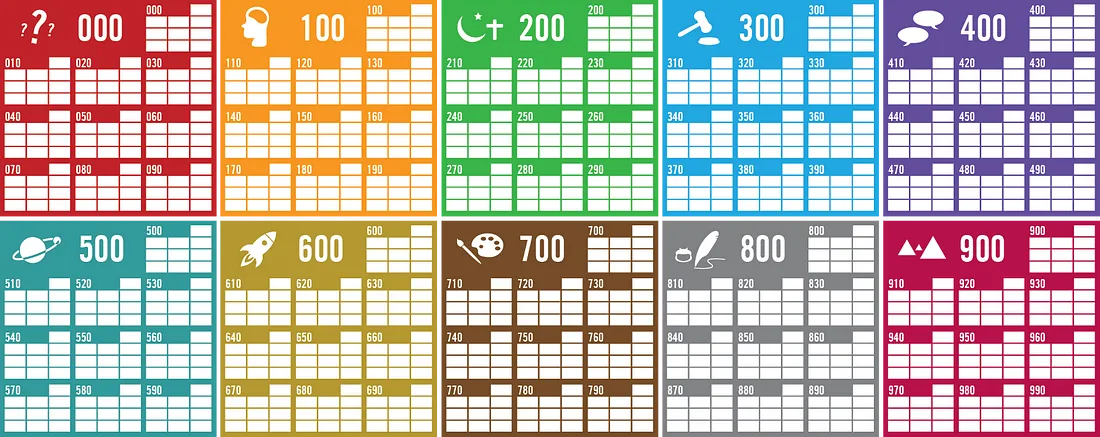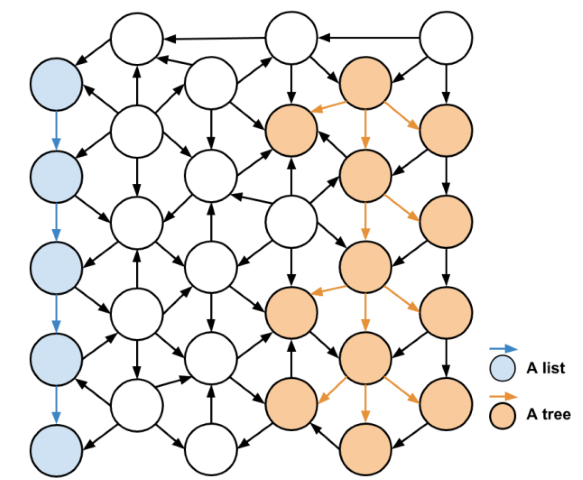Even the index is just another note

It’s tempting to place your notes in fixed categories
At some point in your note-making journey you’ll notice that quite a few people like to place their notes in fixed categories according to some scheme or other. The ancient method of commonplaces held that knowledge was naturally organised according to loci communis (common places). Ironically, no one from Aristotle onwards could ever agree on what the commonly-agreed categories were. Assigning your notes to categories is consistent with the ‘commonplace’ tradition, but that’s not what the prolific sociologist Niklas Luhmann did with his Zettelkasten, and furthermore it runs exactly counter to Luhmann’s claim in ‘Communicating with Slipboxes’, where he said:
“it is most important that we decide against the systematic ordering in accordance with topics and sub-topics and choose instead a firm fixed place (Stellordnung).”
But there’s no need to despair, there is a way through the impasse! After all, what exactly is a subject or category? The subject or category index itself, it turns out, is nothing other than just another note. Here’s a real-life example:

“i have this note that basically functions as an general index and entry point for my ZK: it has every index card plus a People index and every main card.” - u/Efficient_Earth_8773
When everything’s a note, even the categories are just notes
Why does this matter? If even the index is just a note, then you haven’t constrained yourself with pre-determined categories. Instead, you can have different and possibly contradictory index systems within a single Zettelkasten, and further, a note can belong not only to more than one category, but also to more than one categorization scheme. Luhmann says:
“If there are several possibilities, we can solve the problem as we wish and just record the connection by a link [or reference].”
When even the index is just a note, a reference to a ‘category’ takes no greater (or lesser) priority than any other kind of link. This is liberating. Where a piece of information ‘really’ belongs shouldn’t be determined in advance, but by means of the process itself.

The Dewey Decimal System pigeonholes all knowledge, like cells in a prison.
Some people want an index, like folders in a filing cabinet, or subject shelves in the library. Well they can have it: just write a note with the subjects listed and make them linkable. Some people don’t want this, and they can ignore it. I personally don’t understand why you’d want to set up a subject index that mimics Wikipedia or the Dewey Decimal system, or even the ‘common places’ of old. I’m neither an encyclopedist, a librarian, nor an archivist. What I’m trying to do is to create new work. I want to demonstrate my own irreducible subjectivity by documenting my own unique journey through the great forest of thought. My journey is subjective, because it’s my journey. I’m pioneering a particular route, and laying down breadcrumbs for others to follow should they so choose. It’s unique, not because it’s original but because the small catalogue of items that attract me is wholly original. As film-maker Jim Jarmusch said:
“Select only things to steal from that speak directly to your soul. If you do this, your work (and theft) will be authentic.” (I stole that from Austin Kleon).
But that’s just me (and Luhmann).
Make just enough hierarchy to be useful
Having thought a bit about this I’m inspired now to sketch my own workflow, to see how it… flows. In general, I favour just enough data hierarchy to be viable - which really isn’t very much at all. I’m inspired by Ward Cunningham’s claim that the first wiki was ‘the simplest online database that could possibly work’. Come to think of it, this may be one of the disadvantages of the way the Zettelkasten process is presented: perhaps it comes across as more complex than it really needs to be. As the computer scientist Edsger Dijkstra lamented,
“Simplicity is a great virtue but it requires hard work to achieve it and education to appreciate it. And to make matters worse: complexity sells better.” - On the nature of Computing Science (1984).
If you must have hierarchies like lists and trees, remember that they’re both just subsets of a network.

Source: I don’t know. If you do, please tell me ;)
See also:
- A network of notes is a rhizome not a tree.
- Manuel Lima on The power of networks (it’s a cool video!)
- Top image source: The Card System at the Office by J. Kaiser, 1908.